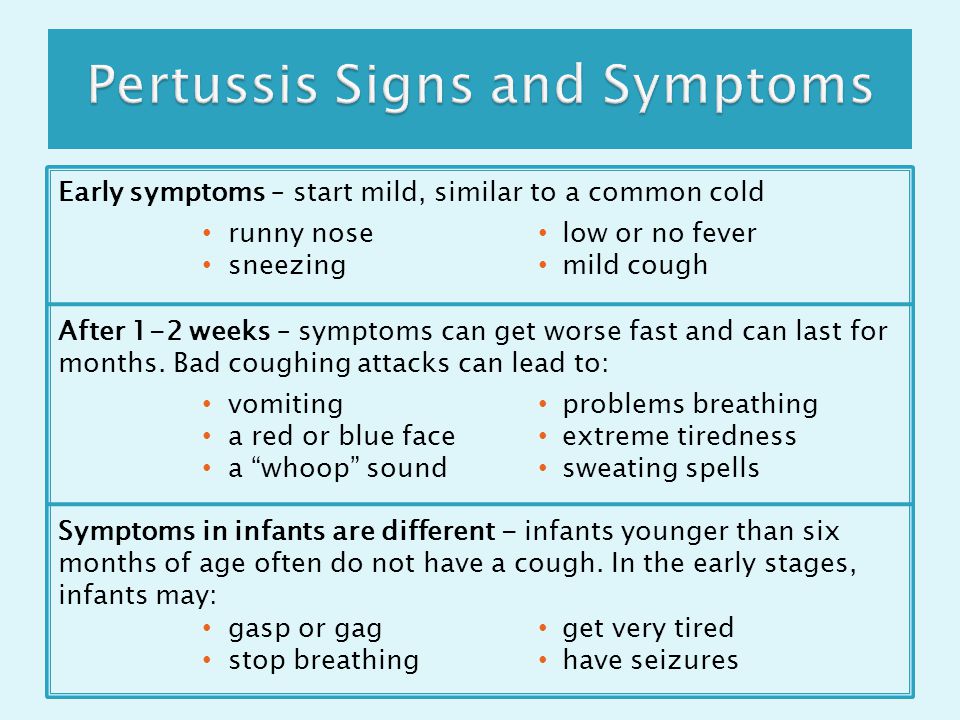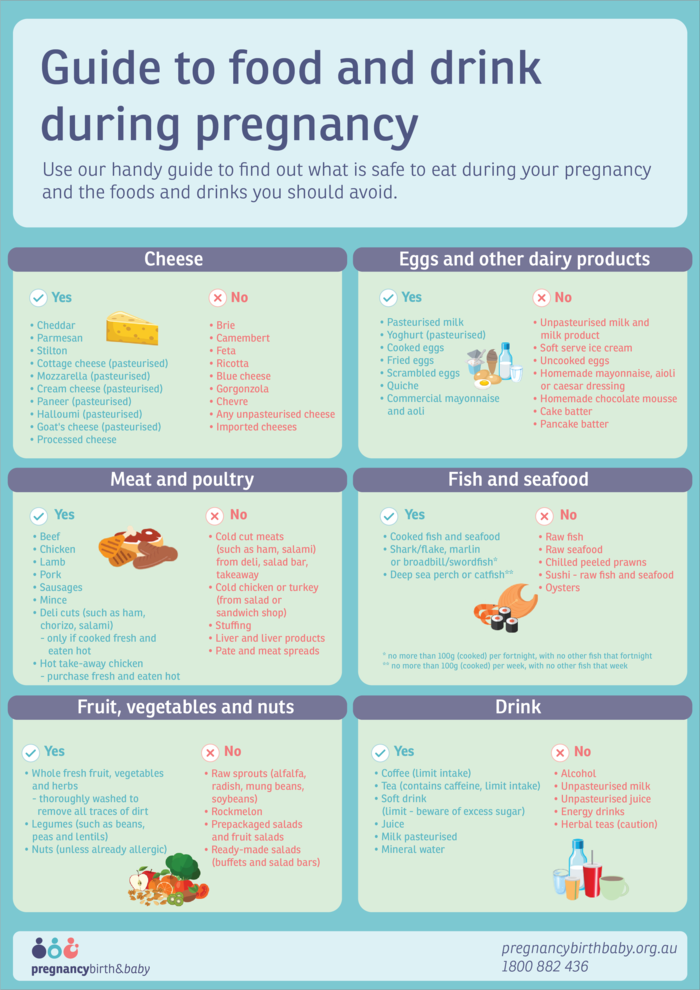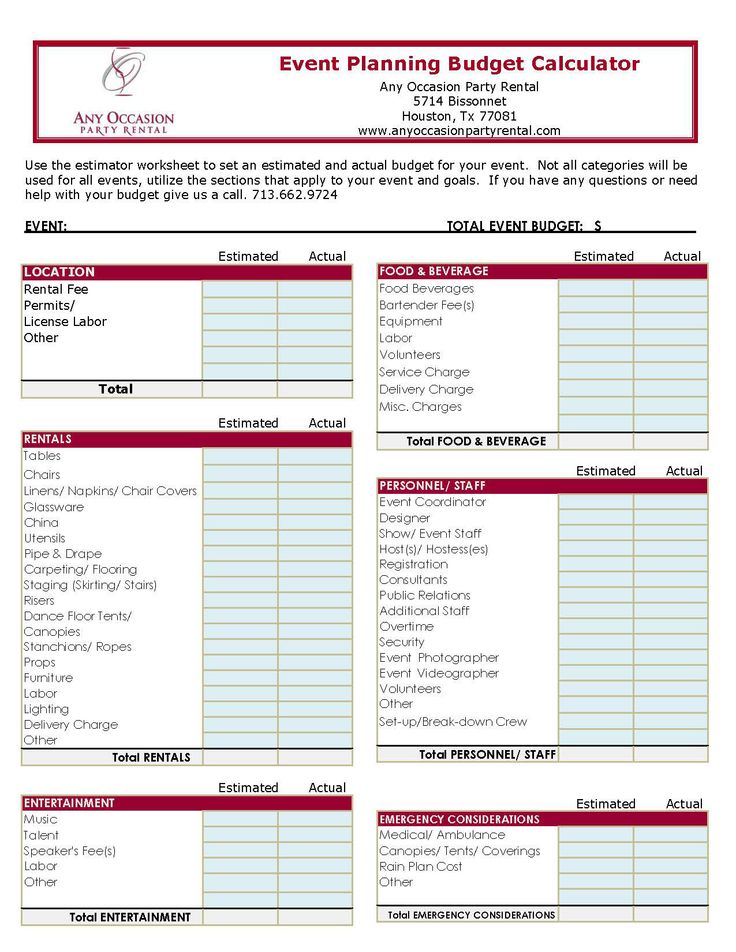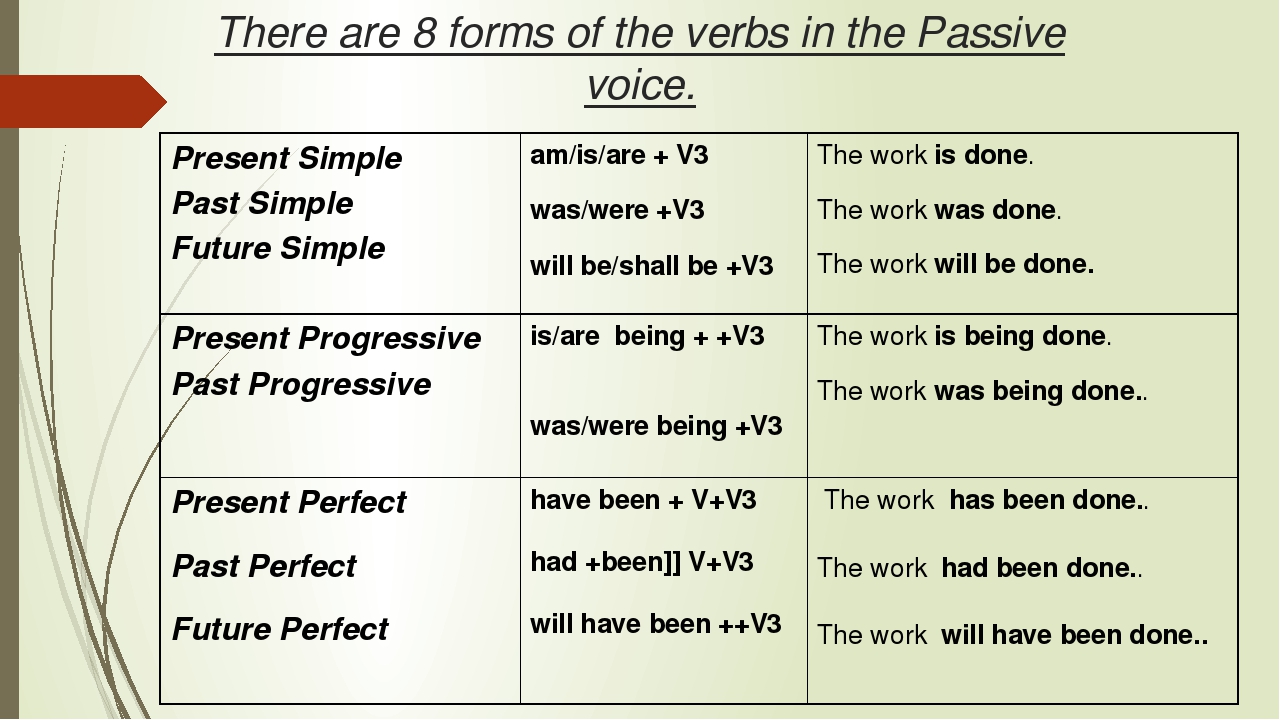Baby with thumb in mouth
A Pediatrician's Guide to Thumb-Sucking: What to Know
How Do You Tell If a Baby Is Hungry or Wants Comfort?
By Carisse Armada • 03 Oct, 2022
Firstly, babies don't have many ways to tell what they need. It doesn't matter if the child is hungry, hurt, or lonely and needs comfort; he doesn't know what time is, so all of these things are just as important to him now. So, when your baby needs something, they open their mouth and make the only sound they can communicate with, crying. So, until your child learns other ways to communicate when your baby sucks on their hands or cries, you want to understand their actions to meet their needs better. We know that a crying baby prompts the parents to act in ways to display comfort, prepare for feeding, or check the baby's wellbeing. Distinguishing if you have a hungry baby or just a baby that wants you to comfort them can be challenging, especially for new parents. How Do You Tell If a Baby Is Eating or Comfort Nursing? It will be beneficial to learn to differentiate between your baby needing to eat for comfort or hunger. For parents, you never want to feel like you're not meeting your baby's needs, so it's natural to want to nurse or bottle feed them to soothe their cries. Still, there are ways to tell if the baby is actually hungry or wants to suck on the breast nipple or bottle nipple for comfort. Further, your baby will communicate his hunger or need for comfort to you in various ways, from subtly hinting to making immediate demands. Cues That Tell the Baby Is Hungry How do you tell if your baby is hungry? To better illustrate, be mindful of these cues: baby sucking on hand or fists turn their head toward your breast Calm and wide-eyed after a nap Rooting with a strong, nutritive suck Continuous crying after comforting them with cradling, rocking, or a diaper change (this is a late hunger cue) Opens and closes mouth When your baby is hungry, you need to respond to their cues.
 Stretching, becoming more active, and putting their hand to their mouth are all familiar mid cues or signs that tell they are hungry. Babies will make extreme efforts to let you know they are hungry if these mid-cues don't result in a nursing session. They will scream and cry. Babies will move their arms and legs all over the place. Their faces will turn red with frustration. These are signs that it's too late to feed; by this time, the baby is usually too upset to focus on eating. So, you'll have to calm them down as you administer food to them. You can help keep feedings calm and effective as soon as you see signs that your newborn or infant is hungry. It's much easier for a baby to focus on eating enough when they aren't using all their energy to show how they feel. Signs That Your Baby Wants to Nurse for Comfort One method to feed your baby and provide the nutrients they need to thrive is breastfeeding.
Stretching, becoming more active, and putting their hand to their mouth are all familiar mid cues or signs that tell they are hungry. Babies will make extreme efforts to let you know they are hungry if these mid-cues don't result in a nursing session. They will scream and cry. Babies will move their arms and legs all over the place. Their faces will turn red with frustration. These are signs that it's too late to feed; by this time, the baby is usually too upset to focus on eating. So, you'll have to calm them down as you administer food to them. You can help keep feedings calm and effective as soon as you see signs that your newborn or infant is hungry. It's much easier for a baby to focus on eating enough when they aren't using all their energy to show how they feel. Signs That Your Baby Wants to Nurse for Comfort One method to feed your baby and provide the nutrients they need to thrive is breastfeeding.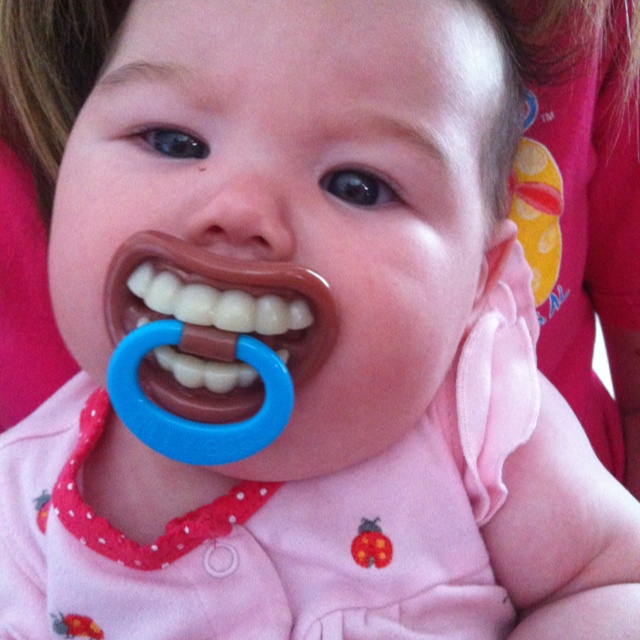 Still, frequently, the breastfeeding relationship goes beyond serving as a mealtime. Nursing can be a ritual that feels calming and safe to babies. The special connection between the mother and child soothes the baby and mother by the release of oxytocin also known as the “love hormone”. Of course, babies sometimes just want to feel as close to their parents and won't reach for the breast because they are hungry. This is frequently referred to as comfort nursing or breastfeeding for comfort. You can easily get into this habit, especially if you aren't sure if your baby is eating or just nursing or if you just want to comfort your baby quickly. Your baby is only nursing for comfort nursing when you see these signs: Flutter sucking, slowing down, stop sucking, or making little sucks.
Still, frequently, the breastfeeding relationship goes beyond serving as a mealtime. Nursing can be a ritual that feels calming and safe to babies. The special connection between the mother and child soothes the baby and mother by the release of oxytocin also known as the “love hormone”. Of course, babies sometimes just want to feel as close to their parents and won't reach for the breast because they are hungry. This is frequently referred to as comfort nursing or breastfeeding for comfort. You can easily get into this habit, especially if you aren't sure if your baby is eating or just nursing or if you just want to comfort your baby quickly. Your baby is only nursing for comfort nursing when you see these signs: Flutter sucking, slowing down, stop sucking, or making little sucks. Still and looking into space while nursing Holding the nipple in their mouth but not sucking for milk Rooting and sucking lightly at the breast Arching and grabbing ears At the end of a wake window, sucking hands or fists Eyebrows arched/eyes rubbed Crying could mean that they're too tired. Other Ways to Satisfy Babies Who Only Want Comfort If you think your infant or newborn is just nursing for comfort, there are other ways to make them feel better.
Still and looking into space while nursing Holding the nipple in their mouth but not sucking for milk Rooting and sucking lightly at the breast Arching and grabbing ears At the end of a wake window, sucking hands or fists Eyebrows arched/eyes rubbed Crying could mean that they're too tired. Other Ways to Satisfy Babies Who Only Want Comfort If you think your infant or newborn is just nursing for comfort, there are other ways to make them feel better. Swaddling is a way to hold a baby that feels like nursing. If your baby wants to chew, give them a pacifier. Making them rock Cuddling the baby Nonetheless, if you're worried they'll stop breastfeeding because they use a pacifier, a study found no indication that this is the case. In fact, pacifiers are linked to reduction in Sudden Infant Death Syndrome (SIDS) Try different things, and you'll find out what your baby likes best. How to Know When Your Baby Is Full When some parents ignore a baby's hunger cues because they think the baby is just looking for comfort.
Swaddling is a way to hold a baby that feels like nursing. If your baby wants to chew, give them a pacifier. Making them rock Cuddling the baby Nonetheless, if you're worried they'll stop breastfeeding because they use a pacifier, a study found no indication that this is the case. In fact, pacifiers are linked to reduction in Sudden Infant Death Syndrome (SIDS) Try different things, and you'll find out what your baby likes best. How to Know When Your Baby Is Full When some parents ignore a baby's hunger cues because they think the baby is just looking for comfort. The little one might not get the needed milk! Learning the signs if your newborn is fully fed is to know if you are nursing a hungry baby or one that only needs to feel better. It's important to let your baby nurse until they are completely fed. You should be aware of these signs that say they are already full: The baby lets go of your breast or "falls off." The baby moves away from your mouth. The baby lets its body loosen up and opens its hands. Further, if your baby finishes eating from one breast and seems full, burp your baby and change their diaper (if needed), then offer the other breast.
The little one might not get the needed milk! Learning the signs if your newborn is fully fed is to know if you are nursing a hungry baby or one that only needs to feel better. It's important to let your baby nurse until they are completely fed. You should be aware of these signs that say they are already full: The baby lets go of your breast or "falls off." The baby moves away from your mouth. The baby lets its body loosen up and opens its hands. Further, if your baby finishes eating from one breast and seems full, burp your baby and change their diaper (if needed), then offer the other breast.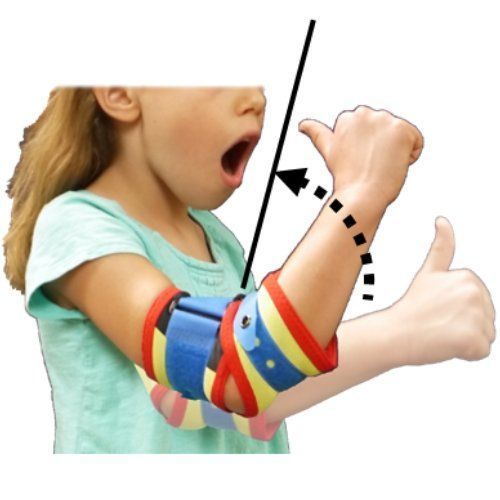 If your baby doesn't seem interested or doesn't want to latch on, he may not be hungry anymore. Some babies may eat from both sides at each feeding, while others may only feed from one side. Seek your Pediatrician's advice Get in touch with Sang Pediatrics right away to obtain additional parenting tips on effective ways to care for your baby. You can also subscribe to our blog . We provide the best pediatric care in Fresno, California . Contact us at (559) 268-1737 or make an appointment online.
If your baby doesn't seem interested or doesn't want to latch on, he may not be hungry anymore. Some babies may eat from both sides at each feeding, while others may only feed from one side. Seek your Pediatrician's advice Get in touch with Sang Pediatrics right away to obtain additional parenting tips on effective ways to care for your baby. You can also subscribe to our blog . We provide the best pediatric care in Fresno, California . Contact us at (559) 268-1737 or make an appointment online.
Why Does Your Child Suck Her Thumb?
If you’re worried about your baby’s thumb-sucking, take heart. Until your little one turns about 5 years old, there isn’t any risk associated with thumb-sucking, so it’s only really closer to then that you might consider helping help her stop the habit, if she hasn’t already. Read on to learn more about why babies and children suck their thumbs, when the behavior typically starts, and how to stop thumb-sucking when the time comes.
Why Do Babies and Children Suck Their Thumbs?
Babies are born with natural rooting and sucking reflexes, which is why some infants will put their thumb or fingers in their mouth and suck.
Thumb-sucking also has a soothing and calming effect for babies and young children. It can help your little one feel secure and comforted, which is why she may pick up the thumb-sucking habit when she needs a little soothing or before bed, for example. So, don’t worry too much about it: It’s perfectly normal for your little one to suck her thumb.
So, don’t worry too much about it: It’s perfectly normal for your little one to suck her thumb.
When Do Babies Start Sucking Their Thumb and When Do They Stop?
Thumb-sucking often starts at a very young age. Some babies begin sucking their thumbs and fingers in the womb! And, some newborn babies start sucking their thumbs as soon as they have been born. There are even babies who won’t go on to suck their thumbs.
Once your little one starts, it can easily become a habit, especially as your little one likely finds it so comforting. It's helpful to remember that thumb and finger sucking is a common habit—and that all kids have habits—so you have no need to worry if your baby is sucking her thumb regularly.
Most children grow out of this behavior. In fact, more than half stop when they are 6 or 7 months old. Others stop naturally a little later between the ages of 2 and 4 years old.
In some cases, perhaps if your little one is feeling extra vulnerable or stressed, she may even suck her thumb on occasion until she’s about 8 years old.
When Should You Try to Help Your Child Stop Thumb-Sucking?
Although thumb-sucking is normal for young children, if it goes on beyond the age of about 5, it can become a concern. This is because once the permanent teeth start coming in, thumb-sucking can affect the shape of the mouth and affect how the teeth line up.
Once your child is about 4 or 5 years old, it may be time to wean him off this habit.
If your little one is still a baby or toddler and you’re worried about how his thumb-sucking may affect the development of his mouth, gums, or baby teeth speak to your little one’s healthcare provider or dentist for personalized guidance.
How to Stop Your Baby’s or Child’s Thumb-Sucking
For a baby, you don’t need to! It’s perfectly OK for your baby to be sucking his thumb. Once your child is nearing 5 years old or is any older and still thumb-sucking, you can work with him to help change the behavior.
Once your child is nearing 5 years old or is any older and still thumb-sucking, you can work with him to help change the behavior.
Keep in mind, it won’t happen overnight and you’ll need to be patient with your little one.
When starting the process, make sure that your child is in a happy place. Stress and emotional problems may make him more resistant to changing the behavior, as thumb-sucking gives him some comfort.
If you know there is something that is causing stress for your child out, try to take care of that before concentrating on trying to break the thumb-sucking habit. For example, if you’re moving to another house or if he’s getting a sibling soon, it may be better to wait for things to settle down.
Here are a few things you can do to help your child stop thumb-sucking:
Offer regular, gentle reminders. Your little one may not realize he is sucking his thumb, so remind him calmly that he is doing it and that it’s not good for him.
 Be kind and reassuring and avoid scolding or criticizing him.
Be kind and reassuring and avoid scolding or criticizing him. Understand the triggers. Is there something that stresses your child and that causes him to suck his thumb? Does he have separation anxiety when you go to work or when you drop him off at kindergarten? Does he do it at a certain time of day or place? If you’re not sure what is causing the stress, talk to him about it and try to avoid the triggers if you can. If your child seeks comfort before going to bed by sucking his thumb, you can take a few measures to help him get a better night’s sleep, such as giving him a bath before bed or reading him a bedtime story.
Use positive reinforcement. Set small goals to encourage him, like no thumb-sucking an hour before bed (and then none after dinner, then not doing it all day, for example). Reward him with encouragement and praise, or a specific reward, each time he goes the full time without thumb-sucking.
Consider aversive measures as a last resort.
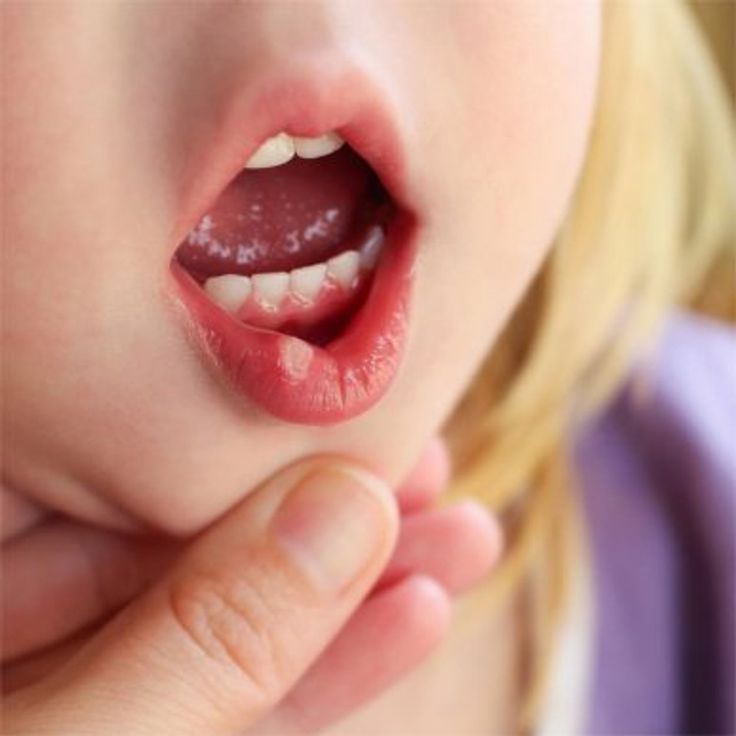 If, after a while, you notice your child is still thumb-sucking, even after trying the above ideas, consult your child's healthcare provider for advice. Your provider may recommend aversive measures, like coating the thumb or finger with a bitter substance, or by using a bandage or thumb guard to discourage your child from sucking.
If, after a while, you notice your child is still thumb-sucking, even after trying the above ideas, consult your child's healthcare provider for advice. Your provider may recommend aversive measures, like coating the thumb or finger with a bitter substance, or by using a bandage or thumb guard to discourage your child from sucking. Talk to your child’s dentist. If your little one can’t break the habit, your child’s dentist can provide a personalized recommendation on what to do to protect your child’s teeth and mouth.
The Bottom Line
Thumb-sucking in babies is not something to worry about. It's a common behavior that provides comfort for many babies and young children. Chances are your little one will stop doing it naturally by about the age of 4, if not earlier.
Even if you notice that your little one is occasionally sucking his thumb after he turns 5, it shouldn’t cause problems for the development of his mouth and teeth.
However, if it’s a regular thing and the habit doesn’t look to be going away when your child reaches about age 5, there are some simple things you can do to help him break the habit. Gentle reminders to stop, positive reinforcement when your child goes long stretches without thumb-sucking, and eliminating or reducing stressors might work well.
Patience and consistency on your part, and help from your child’s healthcare provider or dentist if it’s needed, will help your little one conquer the thumb-sucking habit once and for all.
While you’re here, you may also be interested in reading our guide on dental care for children, including how to brush your little one’s teeth, what to do about common teeth injuries, and more.
How we wrote this article
The information in this article is based on the expert advice found in trusted medical and government sources, such as the American Academy of Pediatrics and the American College of Obstetricians and Gynecologists.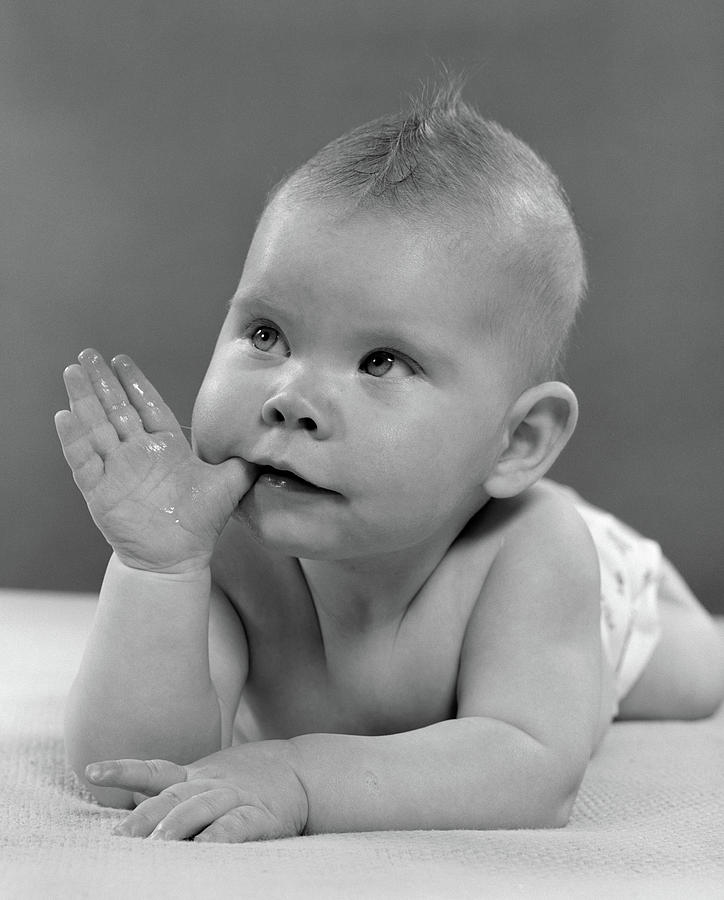 You can find a full list of sources used for this article below. The content on this page should not replace professional medical advice. Always consult medical professionals for full diagnosis and treatment.
You can find a full list of sources used for this article below. The content on this page should not replace professional medical advice. Always consult medical professionals for full diagnosis and treatment.
Reasons why a child sucks his thumb
From the moment a child is born until the time when he becomes an adult, the life of his parents is a continuous series of exciting happy events and experiences. They first deal with an adorable baby who mostly sleeps and eats. But the baby is growing, and he has certain features. One of the most common childhood habits is perhaps the most incomprehensible to moms and dads: almost all babies suck their thumbs. Why? Let's figure it out. nine0003
Causes of the thumb sucking habit
According to the information provided on the NEN Parent Community website, thumb sucking is an absolutely natural action for a baby. Until a certain age, sucking movements are directly associated with the process of breastfeeding or bottle feeding. By making such movements, the child shows that he is hungry. When a baby begins to explore the world around him, sucking his thumb makes him feel safe. In toddlers, some babies continue to suck on their thumb to calm down or fall asleep faster. nine0003
By making such movements, the child shows that he is hungry. When a baby begins to explore the world around him, sucking his thumb makes him feel safe. In toddlers, some babies continue to suck on their thumb to calm down or fall asleep faster. nine0003
Impact of thumb sucking on tooth development
The main concern of parents is whether this habit will continue in the child when permanent teeth begin to appear. Thumb sucking can affect a baby's oral development, tooth alignment, and palate formation. However, everything here depends mainly on how actively and often the child sucks his thumb. If the baby just sometimes holds his finger in his mouth, the likelihood of dental problems is much lower than if the child constantly sucks his finger intensively, with considerable effort. nine0003
Should I be worried?
Dentists advise parents to listen to the sound that occurs when the baby takes his finger out of his mouth. Specific cotton indicates that the child sucks his thumb too intensively. You hear a similar but quieter sound when you take a pacifier out of your baby's mouth. It should be noted that pacifier sucking can have the same effects as thumb sucking, but to a lesser extent, as pacifier babies tend to suck less aggressively. Many children themselves give up the habit of sucking their thumbs between the ages of two and four. nine0003
You hear a similar but quieter sound when you take a pacifier out of your baby's mouth. It should be noted that pacifier sucking can have the same effects as thumb sucking, but to a lesser extent, as pacifier babies tend to suck less aggressively. Many children themselves give up the habit of sucking their thumbs between the ages of two and four. nine0003
How to wean a child from sucking his thumb
If the child continues to suck his thumb, do not rush to start an uncompromising struggle with this habit. The less categorical your prohibitions are, the easier it will be for the baby to give up this activity, and the problem will disappear by itself. If it doesn't, try the following:
- Ask your dentist for information on all oral health issues. nine0029 Start encouraging your child to stop thumb sucking. Showing approval from the parents will be a positive incentive for the baby. Children love to be praised.
- Try to identify the reasons for the persistence of the habit as early as possible.
 As you already know, some children suck their thumb when they are stressed. Watch your child to understand why he starts to suck his thumb, and then talk to him and eliminate the problem that makes him worried and nervous. nine0030
As you already know, some children suck their thumb when they are stressed. Watch your child to understand why he starts to suck his thumb, and then talk to him and eliminate the problem that makes him worried and nervous. nine0030
Many new parents wonder why their children suck their thumbs. You can not worry - this is a completely natural, reflex need, which most often disappears by itself over time. Focus your efforts on caring for your child's teeth as soon as they appear. Use the right baby toothpaste to keep your little one's teeth strong and healthy, no matter how difficult the process of teething and growth is.
Finger sucking and other compulsions
About a girl who sucks her thumb
Heavenly beauty,
Take your finger out of your mouth!
Girls and boys,
Don't suck your fingers.
Dear children,
Fingers are not candy.
(E.Uspensky)
Many mothers complain that their children suck their fingers or the edges of clothes, bite their nails and toys, pick at their navels, wind their hair around their fingers, etc.
“And what have I not done with it! - mothers complain, - Well, she explained in a good way, and scolded, and punished, and promised to buy a toy! I can't get him out of this stupid habit!"
Indeed, no "educational measures" will not help and even aggravate the situation until the true causes of such behavior are clarified and eliminated. If your child commits certain obsessive actions, this is usually the result of some kind of psychological or physiological discomfort. Let's find out together with you the possible causes of "bad" habits. nine0003
The first group of reasons
If a “harmful” habit went smoothly from the infantry sucking of the fingers or arose shortly after parting with the dummy, then, most likely, its reason lies in the problems that arose during infancy.
Contact with mother
The most important thing for a newborn child is maternal love, emotional and physical contact with her and the satisfaction of their physiological needs (food, sleep, etc. ). If for one reason or another these basic needs of the baby are not satisfied or are not fully satisfied, then absolute trust in the mother is also not fully formed, which means that the child feels uncomfortable and restless in this world. nine0003
). If for one reason or another these basic needs of the baby are not satisfied or are not fully satisfied, then absolute trust in the mother is also not fully formed, which means that the child feels uncomfortable and restless in this world. nine0003
And then he starts looking for comfort not from his mother, but in some external stimuli (such as thumb sucking, for example).
A. Thus, insufficient contact with the mother and lack of complete trust in her is one of the causes of unconscious obsessive actions in children.
Sucking reflex
A newborn baby has an extremely strong sucking reflex. It is worth lightly touching his cheek, as he immediately turns his head and readily opens his mouth in search of his mother's breasts. nine0003
Some babies have a stronger sucking reflex, some have a weaker one. Therefore, one newborn is enough for those 30-40 minutes that they spend at the mother's breast during feeding, while others feel the need to suck something in between feedings: a pacifier, a fist or a corner of a diaper.
It is desirable that the baby spends as much time at the mother's breast as he needs not only to get enough, but also to satisfy his sucking reflex and get a sufficient “portion” of physical and emotional communication with his mother. nine0003
Usually, if the baby has satisfied all of the above needs, he, satisfied, releases the nipple on his own or falls asleep at the mother's breast.
It happens that, for one reason or another, breastfeeding is not easy. This is where a certified lactation consultant can help. But if you decide to stop breastfeeding and switch to formula, then there is a danger that the child will not be able to suck, he will not be able to work out his sucking reflex. The fact is that the milk mixture flows quite freely from the bottle, while while sucking the breast, the baby has to make significant physical efforts in order to “get his own food”. nine0003
Formula-fed babies usually need extra suckling, so they should be able to suck on a pacifier in addition to feeding, and as much as they need.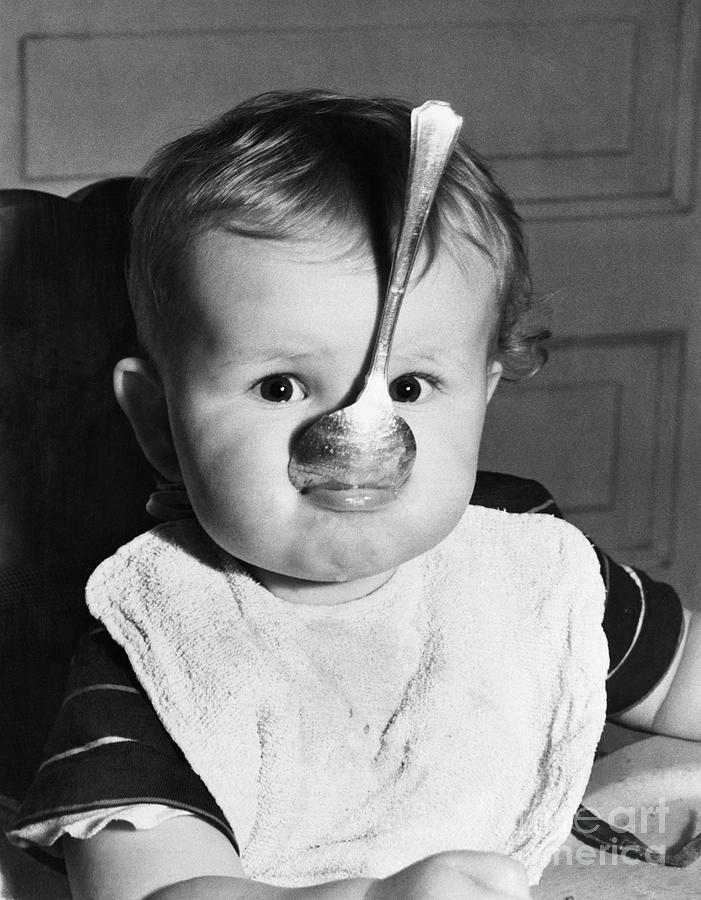
Often, when such a child grows up, he likes to drink from a bottle with a nipple or suck on a pacifier for quite some time.
In such cases, some parents become nervous and try to wean him from both. But if the child has not yet worked out his sucking reflex, he, having lost a bottle or a pacifier, is forced to suck his finger, and this takes root in him as a habit. nine0043
B. Artificial feeding makes it difficult to satisfy the sucking reflex in infants. An undeveloped sucking reflex can develop into the habit of sucking fingers in formula-fed babies .
Therefore, such children should drink from a bottle with a pacifier or suck on a pacifier for as long as they need to. And it must be taken into account that a child who suckles at the breast develops his sucking reflex much earlier than an artificial child, who may need to suck even at 3-4 years. nine0043
In addition, the problem of an unsatisfied sucking reflex can also occur in a child who was breastfed. Some mothers strive to wean the baby from the breast as early as possible, for example, at 7-8 months, citing the fact that the baby is already big and can drink from a cup or cup.
Some mothers strive to wean the baby from the breast as early as possible, for example, at 7-8 months, citing the fact that the baby is already big and can drink from a cup or cup.
However, it has been observed that when a mother breastfeeds her child for more than a year, as a rule, the child does not develop the habit of thumb sucking or anything else. So, do not worry if your one and a half year old baby is tied to your chest. That's the way it should be. nine0003
B. Weaning a baby when he is not yet ready for it often causes thumb sucking
Teething period
When the first teeth begin to come in, the child may become irritable and moody from time to time.
This happens not because his character suddenly deteriorated, but because his gums itch and itch during this period. The sucking reflex, which, perhaps, had already begun to weaken by this time, again becomes very strong, and the baby is ready to suck the mother’s breast or nipple to exhaustion even when he is full, and sometimes not only suck, but also bite hard. nine0043
nine0043
During this period, care must be taken to ensure that the baby can freely satisfy his need to chew and suck something. Safe rubber toys, a rubber ring, teethers should always be within his reach.
D. The habit of sucking fingers is sometimes formed during the period of teething if the child did not have the opportunity during this period to gnaw and suck something.
nine0003
Oral stage of cognition of the world
From about three to nine months, there comes a period when babies put everything in their mouths. At this time, the child actively learns the world around him with the help of all five senses, and taste buds play an important role here. During this period, it is necessary to provide the baby with the necessary and reasonable freedom in the study of subjects.
He must be able to touch objects, pick them up, knock, put them in his mouth, in a word, explore all their properties. nine0003
nine0003
To do this, safe toys suitable for such exploration must be available within the child's reach. Also help your baby explore the world outside the area where he usually plays.
Try to keep things that your baby touches more or less clean and safe so that you do not have to pull the baby every time: “Ugh, what a bug! You can't put it in your mouth!"
If during this period the child grows in a calm environment, his mother loves him, understands him, pays enough attention and warmth, provides reasonable freedom in studying objects through taste buds, fully develops, tactfully switching his attention from unwanted actions, then the baby does not have to look for compensation and calming in external stimuli. nine0003
E. If the child has not had the opportunity to safely survive and complete the "oral" (or oral) stage, then this unmet need may develop into compulsive thumb sucking or nail biting (etc. ).
).
What to do if your child already has the above "bad" habits?
Try to meet the child's missed needs as much as possible. To do this, give the child as much time as possible, caress him, kiss, show your love. nine0043
During the day, massage the area around the mouth, do a general massage, while paying special attention to the limbs: feet and hands.
The child's mouth can be occupied by "nibbling" carrots, apples, crackers. And hands - finger gymnastics and games for the development of fine motor skills.
It is also necessary to organize interesting leisure activities for the child.
At bedtime, start certain rituals: evening bathing, storytelling, massage, stroking fingers, cheeks, etc. And do not leave the child until he falls asleep. nine0003
SECOND GROUP OF CAUSES
It happens that a "bad" habit occurs "out of the blue" in children older than 2 years. Then the cause of its occurrence, most likely, is not associated with the sucking reflex, but is caused by prolonged or severe stress. In this case, involuntary obsessive actions serve as a way for the child to calm down and are caused by self-regulation of the nervous system.
Then the cause of its occurrence, most likely, is not associated with the sucking reflex, but is caused by prolonged or severe stress. In this case, involuntary obsessive actions serve as a way for the child to calm down and are caused by self-regulation of the nervous system.
A. An unfavorable family environment serves as a trigger for the emergence of "bad habits", i. various compulsive actions. nine0043
An unfavorable environment for a child is not necessarily something egregious, like, for example, always rowdy alcoholic parents. Even outwardly quite prosperous atmosphere can be very unfavorable for the child. For example, strained and cold relationships between adults, lack of mutual understanding between them, as well as inconsistency and lack of a single line of education can negatively affect a child and serve as a source of long-term stress. An equally heavy burden for the child is increased anxiety or nervousness, excessive irritability or irascibility of the parents. nine0043
nine0043
In addition, if the parents are too busy with their own problems and troubles, the child feels lonely, he is too left to himself.
The reverse situation also happens. Parents are overly concerned with raising their child. They make excessive demands on him, make him attend a huge number of circles and expect dizzying results, hoping that their crumbs will leave their peers far behind in their development.
Such chronic overwork and fear of not meeting parental expectations can be overwhelming for the child and also become a source of stress for him. nine0043
Due to any of the above negative aspects, the baby begins to feel discomfort, nervous tension or fear, feels insecure.
What to do?
Try to establish a trusting relationship with your child, be attentive to him, find out his anxieties and fears. Help them overcome, soothe, distract and do not forget to cheer.
Hug and kiss the baby more often, rejoice together in his achievements and, together, grieve over his failures.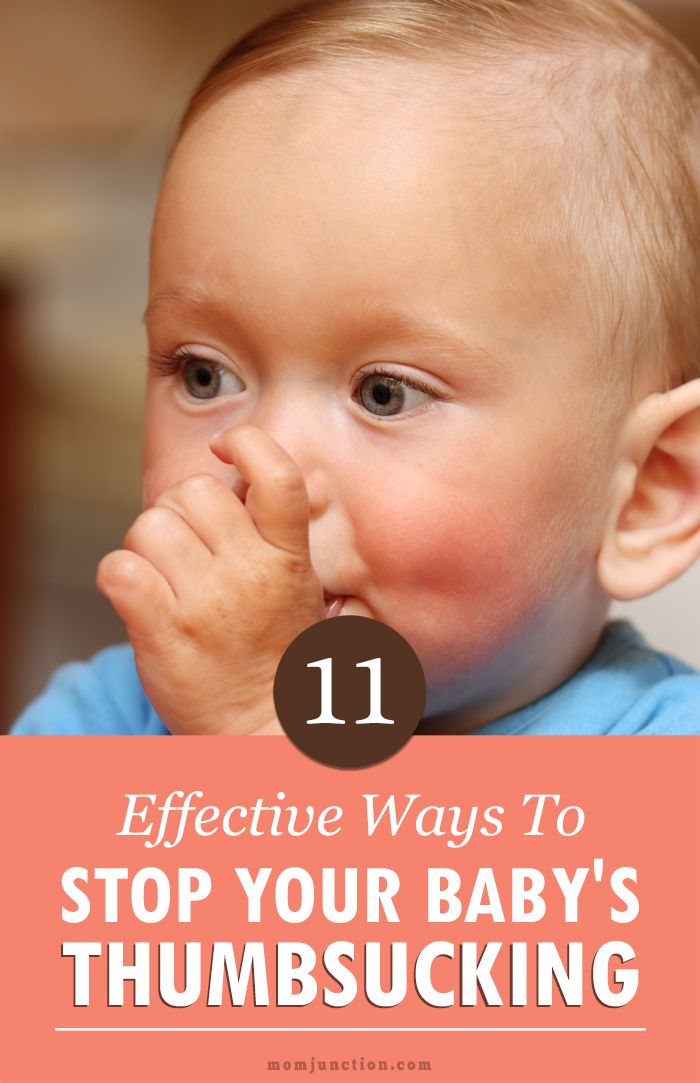 Sincere empathy is very important to your child! nine0003
Sincere empathy is very important to your child! nine0003
Teach him to worry not only about himself, but also about others (transfer his attention to other people).
Be consistent in established rules, prohibitions and requirements. Remember that there should be few real prohibitions.
Reduce the emotional and intellectual load of the child if his stress was associated with overwork. Or, on the contrary, increase the emotional and intellectual content in his life, if you understand that before that your child was lonely, left to himself and he lacked external impressions. nine0043
B. Features of the neuropsychic state of the child , such as increased sensitivity, vulnerability, strong suspiciousness and anxiety, fatigue, can also be the cause of his nervous strain.
What to do? For such a child, the regularity and stability of his daily life is very important. Therefore, it is necessary to observe the established daily routine and daily rituals (when getting up in the morning, going to bed, while eating, etc. ). And it must be remembered that the regimen and nervous stress for your baby should be gentle. nine0043
). And it must be remembered that the regimen and nervous stress for your baby should be gentle. nine0043
Develop his curiosity, independence, inspire self-confidence, alternate intellectual and physical activities, calm and active activities. Saturate your child's life with positive emotions and communication with other children.
But all this should be in moderation.
Control the time you watch TV and restrict access to your computer. In addition, such a child must be protected from difficult impressions. Do not read or tell him scary stories. nine0043
Try to keep your child in a calm and joyful mood more often.
B. Weak health, frequent colds, allergic reactions, chronic diseases are a burden on the child's nervous system and may also be the cause of thumb sucking or other compulsive actions.
What to do? Try to strengthen your child's immunity. Give him a massage, harden him, encourage physical activity.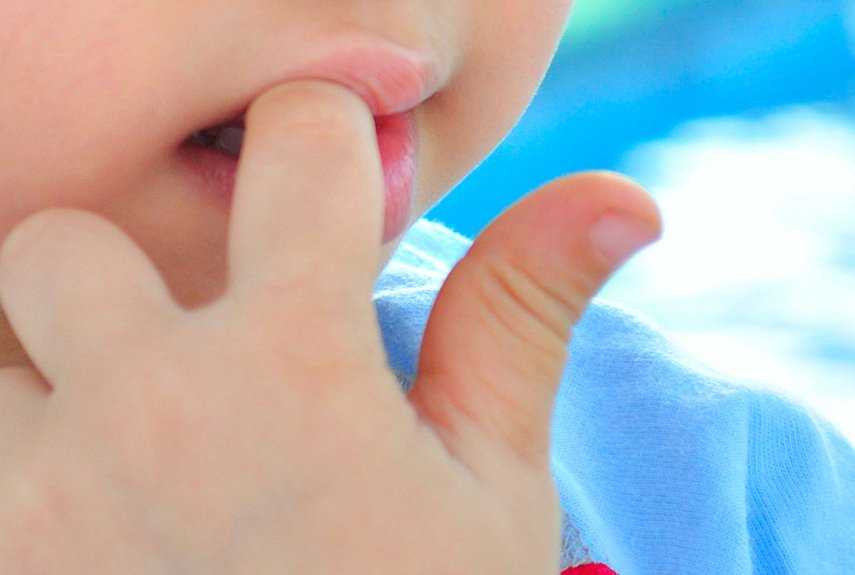 Inspire and maintain in him an optimistic and joyful attitude towards life. nine0003
Inspire and maintain in him an optimistic and joyful attitude towards life. nine0003
D. Changes in habitual way of life kindergarten), transferred fear - any changes in the usual way of life are always stressful for the child
What to do?
Help your child adjust to the new environment. Talk to him about his feelings and attitude towards the new event. nine0003
Try to explain why this happened and what positive aspects this change has, of course, provided that this is possible in the current situation. For example: “We were cramped in that small apartment, and we moved to a larger one. I understand you, you miss your old home. But look what a beautiful view we now have from the window!
Make every effort to ensure that new circumstances affect the child's usual life as little as possible. Adhere, whenever possible, to the routine, rituals and traditions that are familiar to the child, giving a sense of security and stability.


